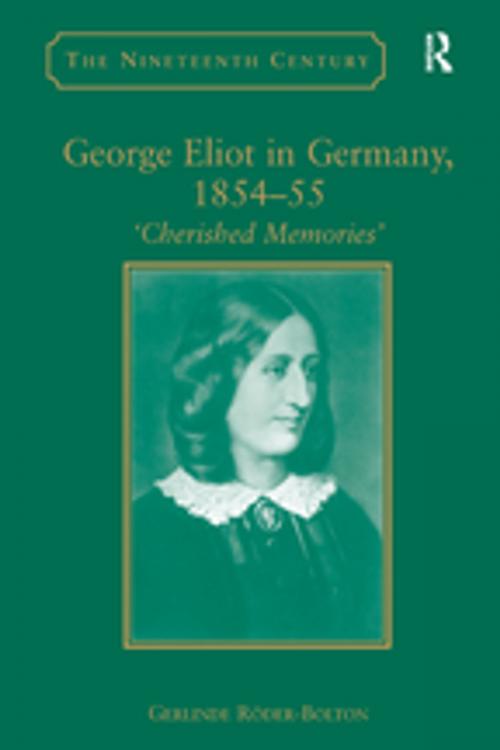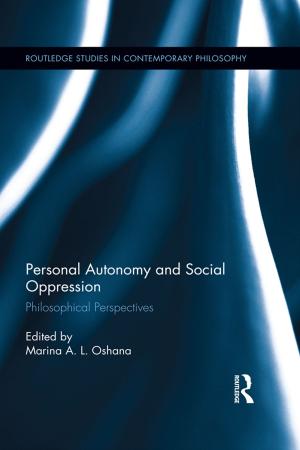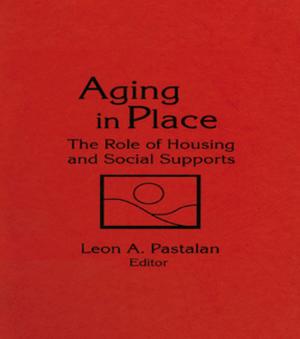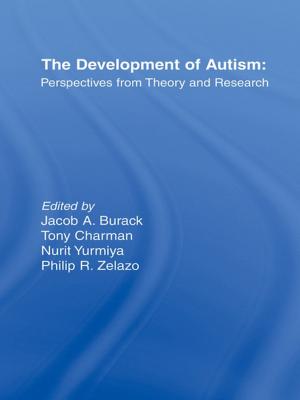George Eliot in Germany, 1854–55
'Cherished Memories'
Fiction & Literature, Literary Theory & Criticism| Author: | Gerlinde Roder-Bolton | ISBN: | 9781351934008 |
| Publisher: | Taylor and Francis | Publication: | September 29, 2017 |
| Imprint: | Routledge | Language: | English |
| Author: | Gerlinde Roder-Bolton |
| ISBN: | 9781351934008 |
| Publisher: | Taylor and Francis |
| Publication: | September 29, 2017 |
| Imprint: | Routledge |
| Language: | English |
From 1854 to 1855, George Eliot spent eight months in Germany, a period that marked the start of her life with George Lewes. Though Eliot documented this journey more extensively than any other, it has remained an under-researched part of Eliot's biography. In her meticulously documented and engaging book, Gerlinde Röder-Bolton draws on Eliot's own writings, as well as on extensive original research in German archives and libraries, to provide the most thorough account yet published of the couple's visit. Rich in historical, social, and cultural detail, George Eliot in Germany, 1854-55 not only records the couple's travels but supplies a context for their encounters with people and places. In the process, Röder-Bolton shows how the crossing of geographical boundaries may be read as symbolic of Eliot's transition from single woman to social outcast and from translator and critic to writer of fiction.
From 1854 to 1855, George Eliot spent eight months in Germany, a period that marked the start of her life with George Lewes. Though Eliot documented this journey more extensively than any other, it has remained an under-researched part of Eliot's biography. In her meticulously documented and engaging book, Gerlinde Röder-Bolton draws on Eliot's own writings, as well as on extensive original research in German archives and libraries, to provide the most thorough account yet published of the couple's visit. Rich in historical, social, and cultural detail, George Eliot in Germany, 1854-55 not only records the couple's travels but supplies a context for their encounters with people and places. In the process, Röder-Bolton shows how the crossing of geographical boundaries may be read as symbolic of Eliot's transition from single woman to social outcast and from translator and critic to writer of fiction.















